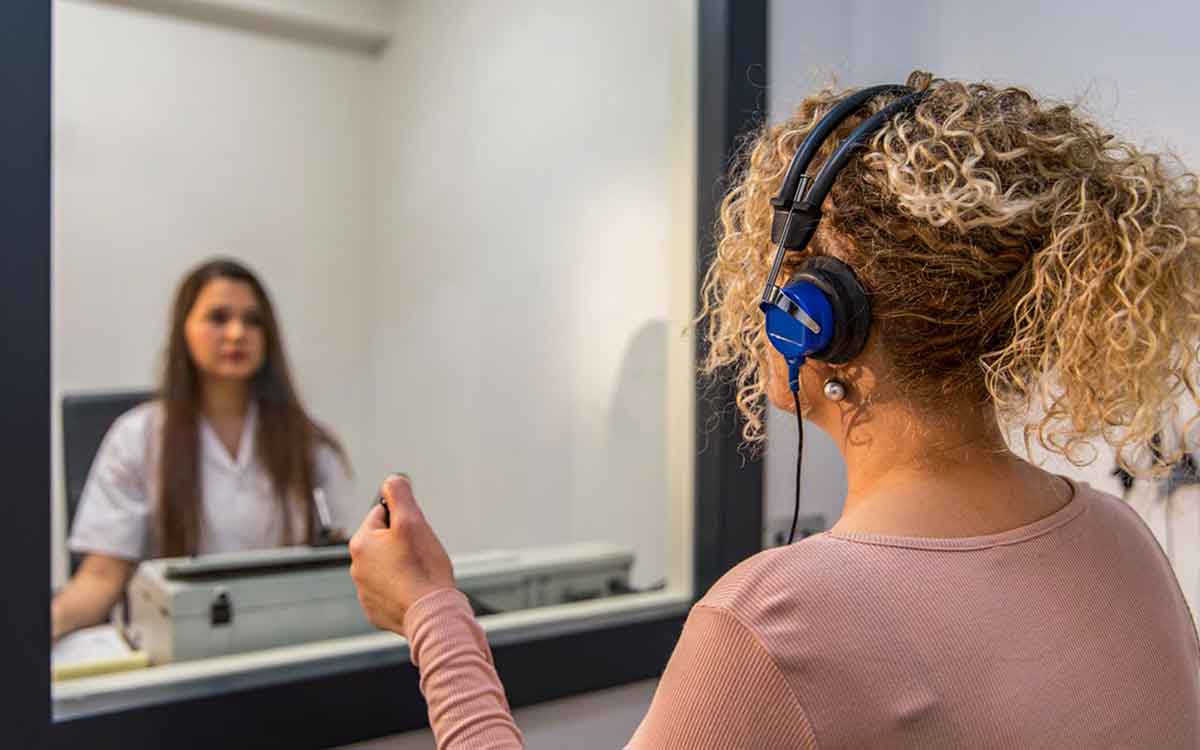
When should you get a hearing evaluation? Here are some signs that reveal you should have your hearing evaluated.
Recently, my children expressed displeasure with the high volume of the TV. Do you know what I said to them? I said, “What?!” It was intended to be humorous. But there’s nothing comical about neglected hearing loss. The volume of the TV has been escalating. And I started to question whether I should set up a hearing assessment.
There’s no good reason to avoid scheduling a hearing test. They’re non-intrusive, they don’t involve any radiation, and you can be at ease without concerns about your level of comfort. Just take a quick moment to book an appointment.
Given the considerable impact that neglected hearing loss can have on your overall well-being, it’s critical to be proactive about monitoring your hearing.
Signs you should get a hearing exam
If you’ve noticed any recent changes that might be indicative of hearing loss, booking a comprehensive hearing evaluation with a professional is probably a smart decision. If it’s hard to hear, it likely means there’s substantial hearing impairment.
- Ambient noise can be overpowering: Have you ever strained to focus on a conversation in a loud or crowded setting, where the surrounding racket makes it difficult to hear every word? It’s possible that this could be an indication of impaired hearing.
- People always seem to be speaking unclearly: The problem might not always be volume but instead definition.
- You’re always missing text messages: Your phone is made to be loud. So, if you’re constantly missing calls or text messages, it could be because you’re noy hearing them.
- Persistent ringing sound: A continuous sensation of ringing in your ears, knowned as tinnitus, is often a sign of damage to your hearing.
Here are a few other scenarios that suggest you should arrange a hearing evaluation:
- Your ear is still clogged following an infection
- Surplus earwax has accumulated and can not be removed by self-cleaning approaches
- You take specific medications that can harm your hearing
- Determining where sounds are originating from can be difficult
- You’re experiencing balance issues
Routine hearing evaluations
Even if you’re not observing any obvious symptoms, it’s still significant to schedule regular hearing exams.
- It is encouraged to have a baseline test carried out after reaching the age of 21.
- If your hearing is normal, get hearing screenings every three years.
- If you display symptoms of hearing impairment, have it checked immediately and then yearly afterwards.
Routine assessments can help you detect hearing loss before any warnings appear. Early expert attention can substantially improve your chances of maintaining healthy hearing over time. This means you should probably turn your TV down and set up a hearing test.